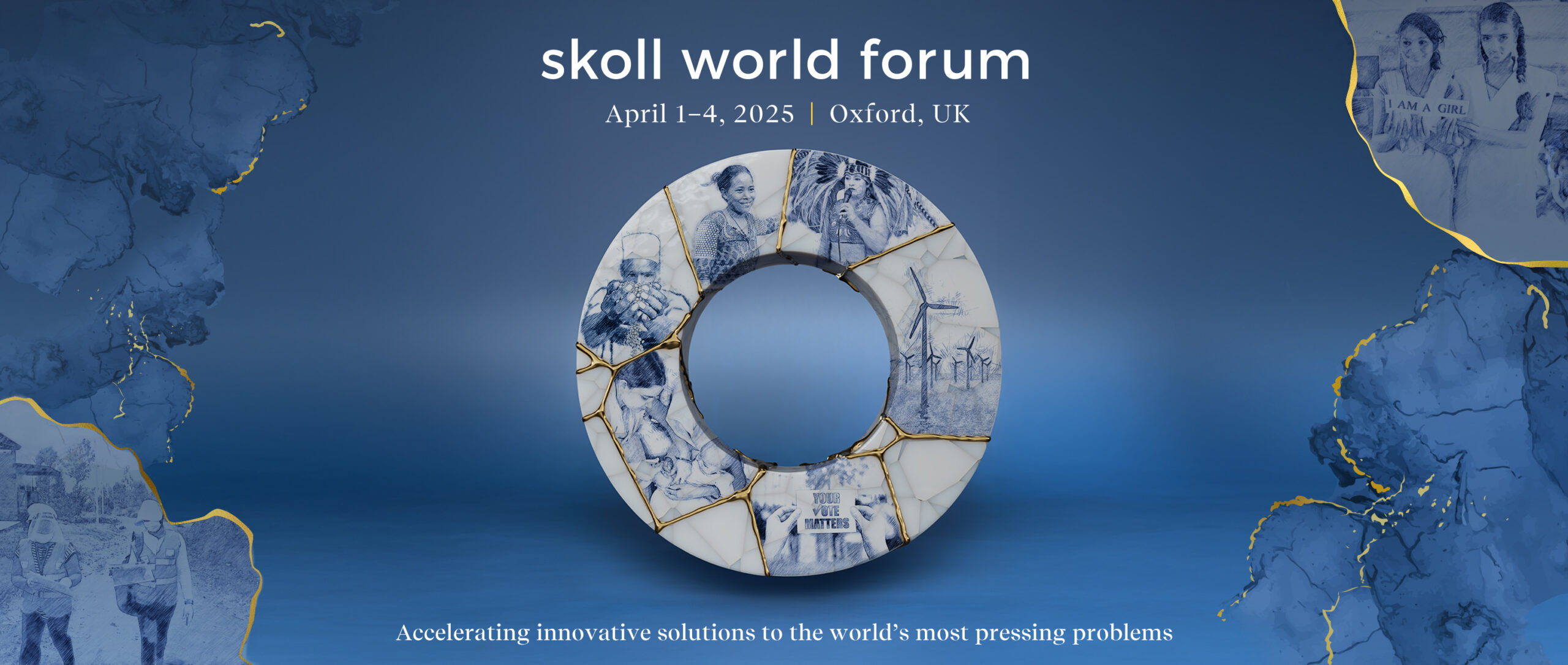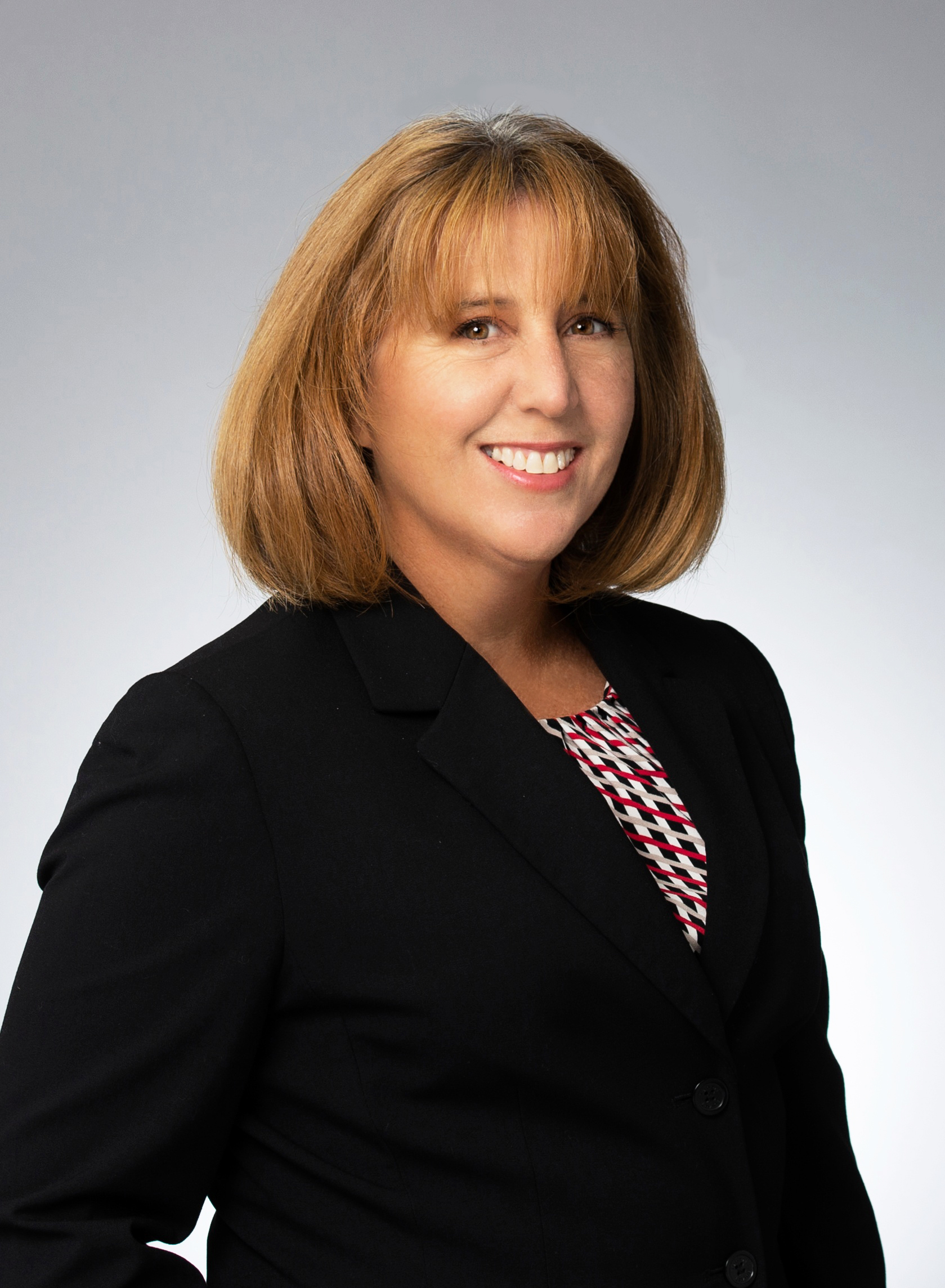Last week, I had the opportunity to join hundreds of social entrepreneurs, innovators, and international development leaders in Oxford, UK, for the Skoll World Forum. For those unfamiliar, the Skoll World Forum convenes leaders, innovators, and social entrepreneurs to spotlight promising solutions, foster collaboration, and accelerate impact.
The Forum is grounded in the values of the Skoll Foundation: trusting those closest to the challenge to lead change. The theme of this year’s forum, “Together We Can Mend What is Broken,” could not have felt more relevant.
Here are a few reflections I took home:
The World Has Changed—and So Has International Development Funding
There’s a growing consensus that we’ve entered a new era of austerity. The global pull-back on aid is still unfolding, and the sector is only beginning to process the full implications.
At one session, a representative from one of the world’s largest foundations summed up the dilemma starkly: “Foundations like ours are going to have to choose between the immediate need of funding vaccines and feeding children and investing in economic inclusion for longer-term poverty alleviation.” That trade-off is real—and daunting. It points to a future where choices are not just about priorities, but about survival.
Yet within this sobering reality, there was also a sense of possibility. The shift in resources is pushing the sector to confront long-overdue questions and explore new models. Impact investors, philanthropic venture funds, and blended finance models are stepping in where traditional funding is pulling back.
This moment is also sparking fresh conversations about how technology and innovation can help us do more with less—while keeping impact and equity at the forefront.
The Data Mandate: Prove It or Lose It
As development dollars become scarcer, the pressure to demonstrate cost-effectiveness and results is only intensifying. Across the sessions I attended, there was a clear consensus: donors—large and small—are going to double down on data.
The good news for Trickle Up and our peers working on economic inclusion is that we have a strong evidence base to stand on. Graduation approaches like ours have demonstrated time and again their ability to sustainably lift people out of extreme poverty.
But we cannot rest on our laurels. In the emerging funding landscape, we will need to:
- Double down on evidence: prove not only that our programs increase income, but that they improve outcomes in health, education, women’s empowerment, and more.
- Identify the “Minimum Viable Product” for impact: finding ways to reduce costs without compromising quality.
- Build the case for integrated impact: showing that investing in economic inclusion delivers multiple returns, across sectors and across time.
Locally-Led Is No Longer Optional
The Skoll World Forum made a clear effort to elevate leaders from the Global South—and rightly so. They represent the communities most impacted by global challenges, and they’re ready to offer the clearest solutions.
As traditional donors retreat, there was a palpable sense of opportunity among local leaders—an opportunity to reclaim ownership of the international development agenda and truly decolonize aid. There is an opening for national governments, local organizations, and regional institutions to step up.
This will require some deep shifts in mindset and practice for international NGOs like Trickle Up. We must ask ourselves:
- What role do local organizations want us to play in the next chapter of development?
- How do we support rather than direct?
- How do we shift power, resources, and decision-making to the communities we serve?
A New Chapter Begins
The Skoll World Forum felt like the first major gathering of global changemakers in this “post-USAID” reality. The shock of recent funding cuts and global disruptions has not fully worn off, but there was a noticeable shift in tone: from grief and disbelief toward resilience and action.
At Trickle Up, we’re embracing this new chapter. Our work in supporting women experiencing extreme poverty and exclusion has never been more urgent.
The systems around us may be shifting, but our mission remains constant. Let’s keep learning, adapting, and building—together.
—————



